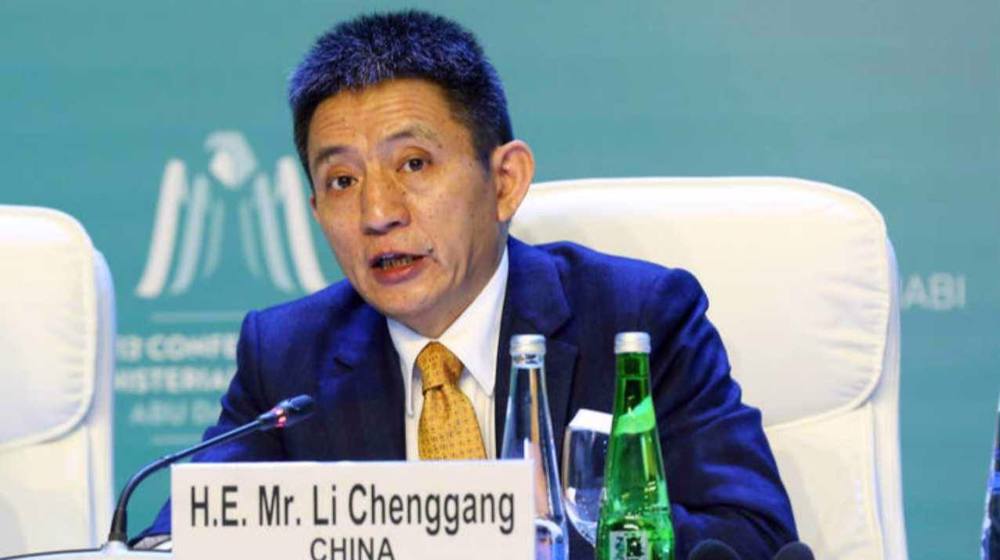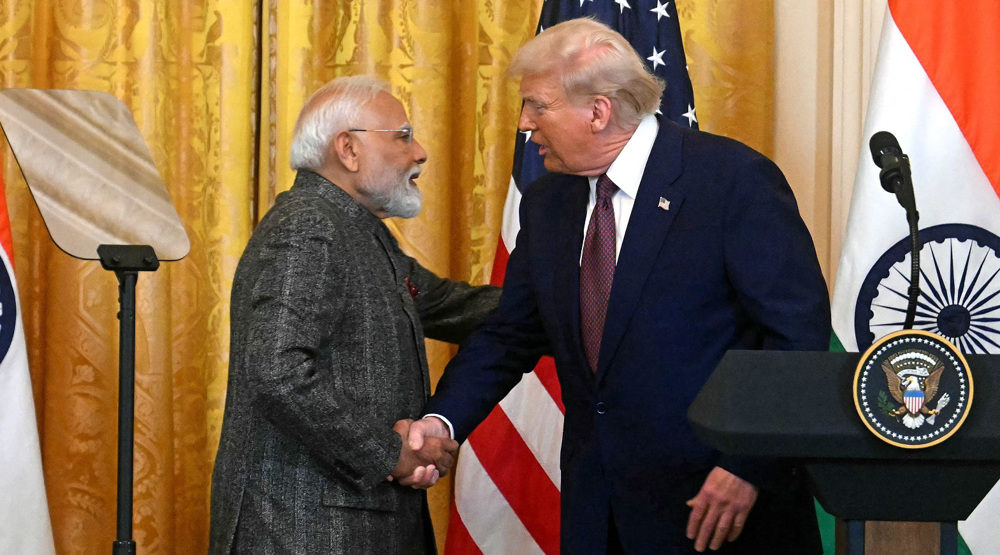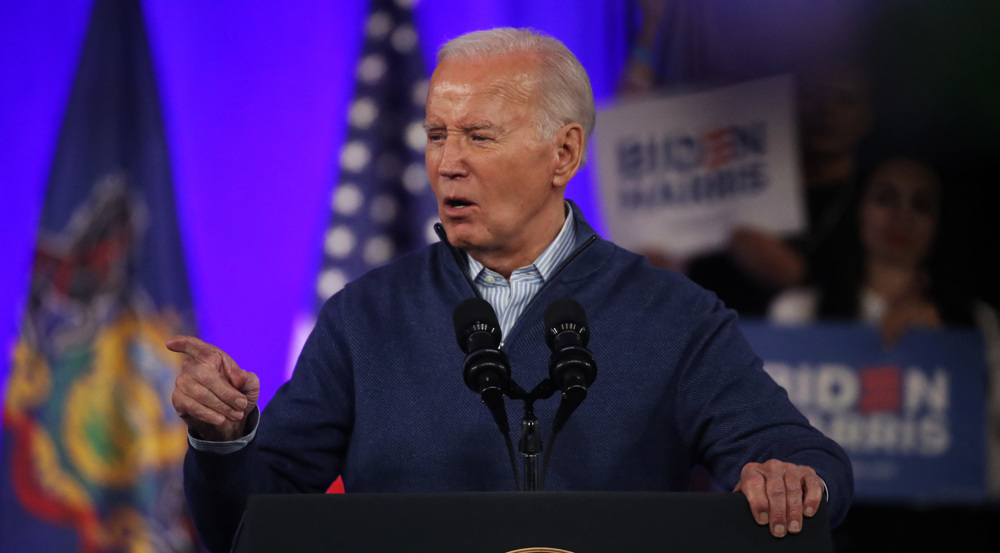China slams US for its ‘bandit’ logic over move to ban TikTok
China has slammed the US approval of a congressional bill that would ban TikTok unless it cuts it ties with its Beijing-based parent company.
Beijing on Thursday blasted Washington's "bandit" logic, vowing to "take all necessary measures" to protect the interests of its companies overseas.
The Chinese Foreign Ministry spokesperson Wang Wenbin said that the decision follows “entirely the logic of a bandit.”
“The US House of Representatives passing this bill lets the United States stand on the opposite side of the principles of fair competition and international trade rules,” he said.
“If so-called national security reasons can be used to willfully suppress other countries’ superior companies, there would be no fairness to speak of.”
The US House of Representatives passed a bill on Wednesday that would lead to a TikTok ban if its Chinese owner does not sell.
The bill, which cited US national security concerns as the reason for the legislation, received resoundingly bipartisan support by the House, with a vote of 352 to 65 in favor. The bill now heads to the Senate for approval.
US President Joe Biden has pledged to sign it if it passes the 100-member Senate and reaches his desk.
If it is signed by Biden, TikTok’s Chinese owner ByteDance would be given about six months to divest itself of its US assets or see its video-sharing app banned in the States.
The legislation stems from concerns that ByteDance is dependent on the Chinese government. US government officials have expressed fears that the data TikTok collects from its roughly 170 million American users could pose a national security threat to the United States.
US Representative Cathy McMorris Rodgers said the legislation has “given TikTok a clear choice.”
“Separate from your parent company ByteDance, which is beholden to the CCP [the Chinese Communist Party], and remain operational in the United States, or side with the CCP and face the consequences,” she said. “The choice is TikTok’s.”
ByteDance, which is an internet technology company headquartered in Beijing and incorporated in the Cayman Islands, has repeatedly maintained it operates independently of the Chinese government.

China condemns ‘unilateral and arbitrary’ US tariffs

China warns US, India after Trump surge in arms sales to New Delhi

US makes debut passage through Taiwan Strait under Trump's new administration
IRGC unveils new homegrown smart missiles, drones drill
Iran launches project to extract, purify helium from natural gas
Qatari Emir arrives in Tehran for deeper cooperation talks
VIDEO | Press TV's news headlines
Israel to release longest-serving Palestinian inmate Nael al-Barghouti
IRGC dismantles multiple US, Israeli spying networks in northern Iran
Two Israeli soldiers flee Amsterdam over arrest warrant fears
Iran rebukes US 'colonial' plan for forced relocation of Gazans









 This makes it easy to access the Press TV website
This makes it easy to access the Press TV website